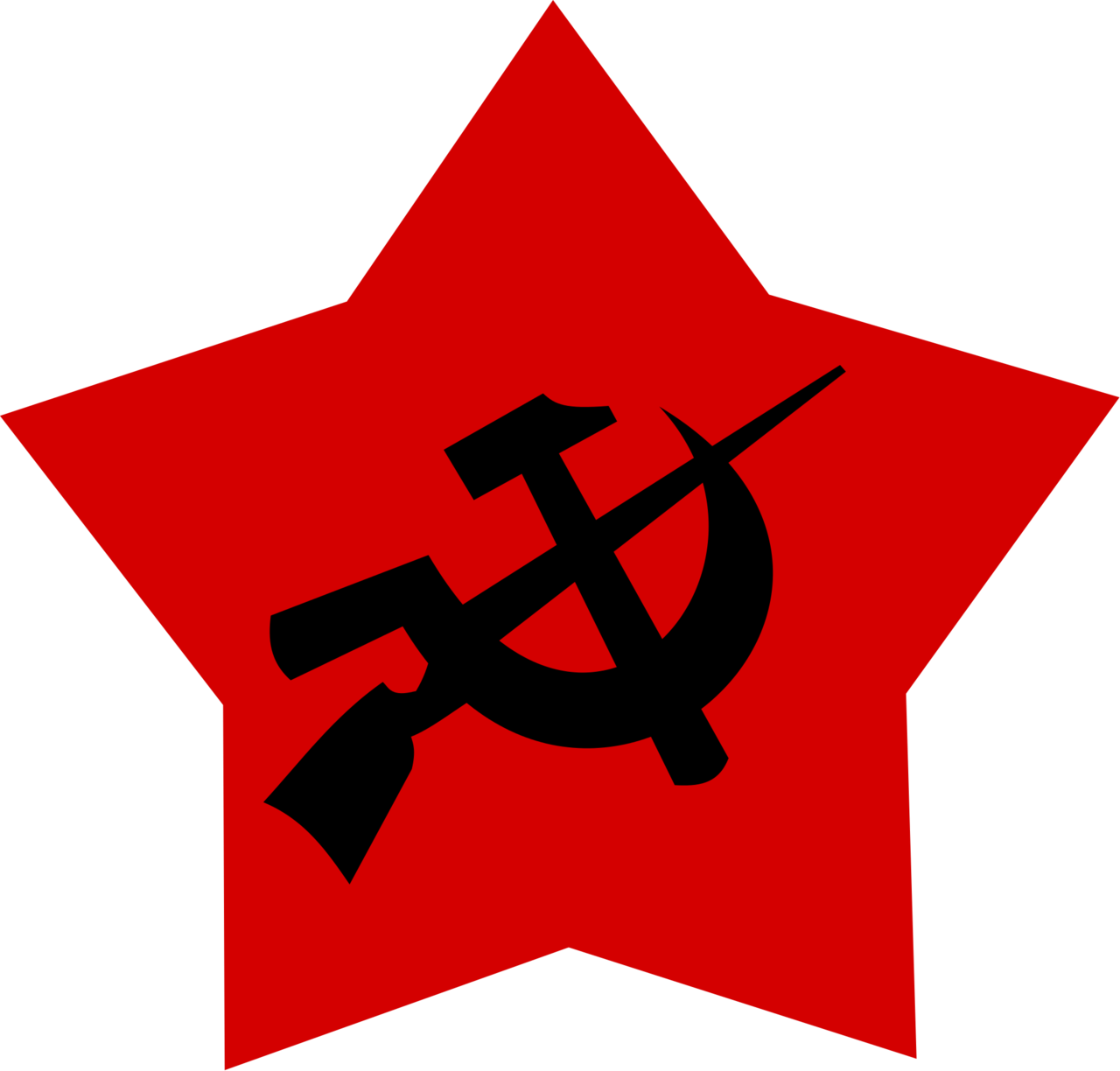 While it proves the decisive role of the masses in the history of society, Marxist theory at the same time allots an important place to the activity of outstanding people, of leaders and organisers, and shows that they perform a function that is essential to society. This refers not only to scientists, writers and artists without whose work the development of science and culture would be inconceivable in present-day conditions, but also to men engaged in public affairs and politics, the leaders of the masses, of the progressive classes and political parties.
While it proves the decisive role of the masses in the history of society, Marxist theory at the same time allots an important place to the activity of outstanding people, of leaders and organisers, and shows that they perform a function that is essential to society. This refers not only to scientists, writers and artists without whose work the development of science and culture would be inconceivable in present-day conditions, but also to men engaged in public affairs and politics, the leaders of the masses, of the progressive classes and political parties.
No class of society can govern without the help of some kind of organisation. And to be effective, every class organisation must have leadership and, consequently, leaders. This is true both of parties and other social organisations, and of the state. The leaders work out and formulate the policy of a class, state or party, organise its practical execution and direct the activities of millions of people.
Leaders are especially essential to classes that are coming to therefore, that are waging a revolutionary struggle for power, because the chief force that an oppressed class can counterpose to the state organisation of the ruling class is the force of revolutionary organisation. But revolutionary organisation is inconceivable without experienced, skilled and energetic leaders. “No class in history has achieved supremacy without producing its own political leaders, its own advanced representatives, capable of organising the movement and directing it, ” wrote Lenin.
There is therefore an objective necessity for the activity of leaders. It is this circumstance that gives rise to the illusion that the leaders, certain outstanding figures, are the creators of history. The activity of the leaders is seen on the surface of events, it is more visible, more noticeable, it strikes the eye more rapidly. Confining themselves to the surface of events, bourgeois ideologists try to prove that certain outstanding individuals “create” all events, that the cause of the revolutions and wars that took place in Europe in the late eighteenth and early nineteenth centuries, for example, was the activity of the leaders of the French bourgeois revolution and of Napoleon, or that the class struggle waged by the workers is due to “incitement” by communist leaders.
In reality, the course of history is determined by the struggle of large social groups, classes and masses. The role of great men in history can be understood only by examining their activity in relation to the class struggle, to the activity of large social groups and to the struggle between these groups.
Selection from Kuusinen, O (1961). Fundamentals of Marxism-Leninism. London: Lawrence & Wishart. 222-223.
